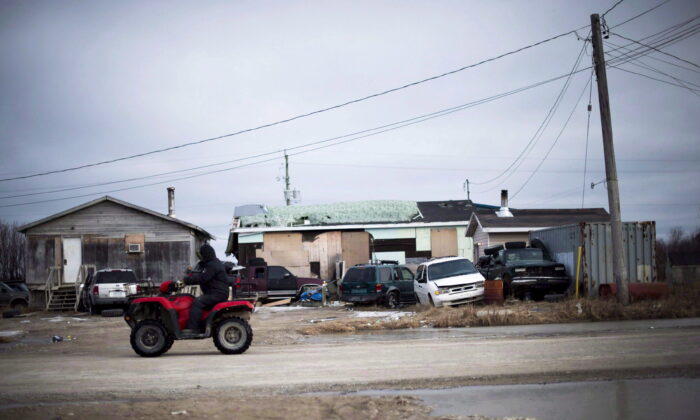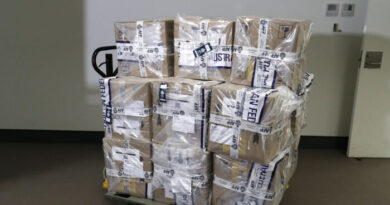Report Finds Federal Indigenous Funding Increase of Threefold Has Not Improved Reserve Living Standards
Ottawa’s annual spending on indigenous issues has increased by more than $20 billion over the past decade, yet living standards on reserves have seen minimal improvement as a result, according to a newly released report.
Federal indigenous spending has nearly tripled since 2015 from $11 billion to an estimated $32 billion by 2025, the study from the Fraser Institute found.
The Canadian government now spends more on indigenous affairs than it does on national defence, said Fraser Institute senior fellow and study author Tom Flanagan, but that spending has failed to translate into improvements for First Nations communities such as ending drinking water advisories on reserves.
That spending does not include the substantial rise in settlement payouts for class action lawsuits and claims concerning treaty violations.
“The federal Department of Justice has repeatedly settled Indigenous class actions out of court rather than litigate them,” Flanagan wrote. “The result has been an increase in both budgetary expenditure and contingent liabilities. The latter reached $76 billion in 2023.”
The CCB doles out a monthly amount of up to $648.91 for each child in Canada under the age of six and up to $547.50 for children aged six to 17. Those amounts begin to decrease for families with an adjusted annual net income of at least $36,502.
The report used Statistics Canada’s Community Well-Being Index, which assesses living standards, to gauge improvements among First Nations communities. The index showed a modest reduction in the gap between First Nations and other Canadian communities since 2016.
Flanagan noted that 2016 is the same year the CCB was introduced. He said the monthly benefit cheque had more of an impact than federal funding earmarked for indigenous affairs.
Government Spending
Prime Minister Justin Trudeau promised to end drinking water advisories by March 2021, but Ottawa announced in December 2020 that it would be unable to meet that deadline.
She predicted at the time that the problem could continue on some reserves for several years, noting that the program excludes private wells, cisterns, and homes with no running water, “which account for about one third of households on reserves.”
Hajdu earlier described the bill as a “foundation” for Canada to “do better” at supporting First Nations.
Future Funding
“If policymakers in Ottawa want to help Indigenous people, they should look closely at what types of spending produce the most tangible benefits,” he said.
He noted current spending has failed to tackle underlying problems faced by indigenous communities and “does not necessarily produce improvements in measured well-being.”
One of the main problems, according to Flanagan, is a lack of transparency in how indigenous funding is being used.





